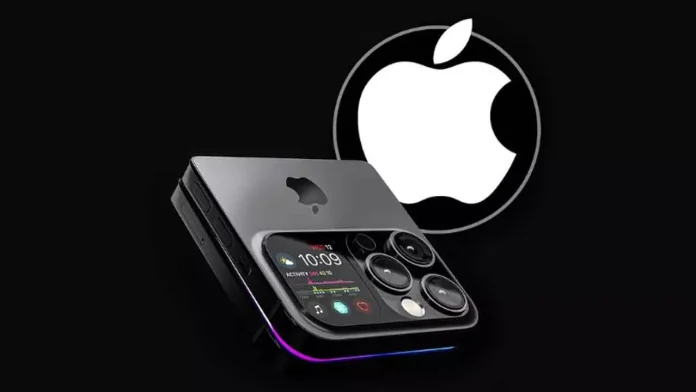Apple’s Foldable iPhone in Development: Key Supplier Set to Benefit
Apple is reportedly working on its first foldable iPhone, and one of its key suppliers stands to gain significantly from the use of an advanced material in the phone’s design.
Liquid Metal for Enhanced Durability
According to Ming-Chi Kuo, an analyst at TF Securities International, the upcoming foldable device may feature liquid metal in its hinge mechanism. This innovation is expected to improve both the durability of the hinge and reduce the crease commonly seen on the inner display of foldable smartphones.
Potential Release Timeline
While Apple has not officially confirmed the foldable iPhone’s development, industry reports suggest the device could launch by late 2026. This would put Apple in direct competition with existing foldable smartphone makers like Samsung and Oppo, both of whom have already released their own foldable models.
Yi’an Technology’s Critical Role
Dongguan Yi’an Technology, a Chinese company that supplies Apple, is poised to be the exclusive provider of liquid metal components for the foldable iPhone. Kuo shared in an X post that Yi’an Technology had already supplied over 10 million shafts, which are integral to the hinge mechanism, by the end of last year. These components are produced using a die-casting process, which enhances their strength and durability. Yi’an Technology’s involvement is expected to have a major financial impact, with Kuo projecting a revenue increase of up to 200%, potentially generating between CNY 1.5 billion (around ₹1780 crore) and CNY 2 billion (around ₹2370 crore).
Liquid Metal’s Role in Apple’s Design
Although liquid metal is not new to Apple’s manufacturing process—it has been used in SIM ejector tools before—the application of this material in a foldable iPhone would be a significant step forward. Liquid metal’s properties are expected to enhance the folding mechanism, making it more durable and resistant to wear over time.
The integration of liquid metal into the hinge mechanism also addresses a common problem in foldable smartphones: the visible crease in the display. By reducing or eliminating this crease, Apple aims to improve both the aesthetic appeal and the functionality of the device, giving it a competitive edge in the foldable phone market.



 Viesearch - The Human-curated Search Engine
Blogarama - Blog Directory
Web Directory gma
Directory Master
http://tech.ellysdirectory.com
Viesearch - The Human-curated Search Engine
Blogarama - Blog Directory
Web Directory gma
Directory Master
http://tech.ellysdirectory.com